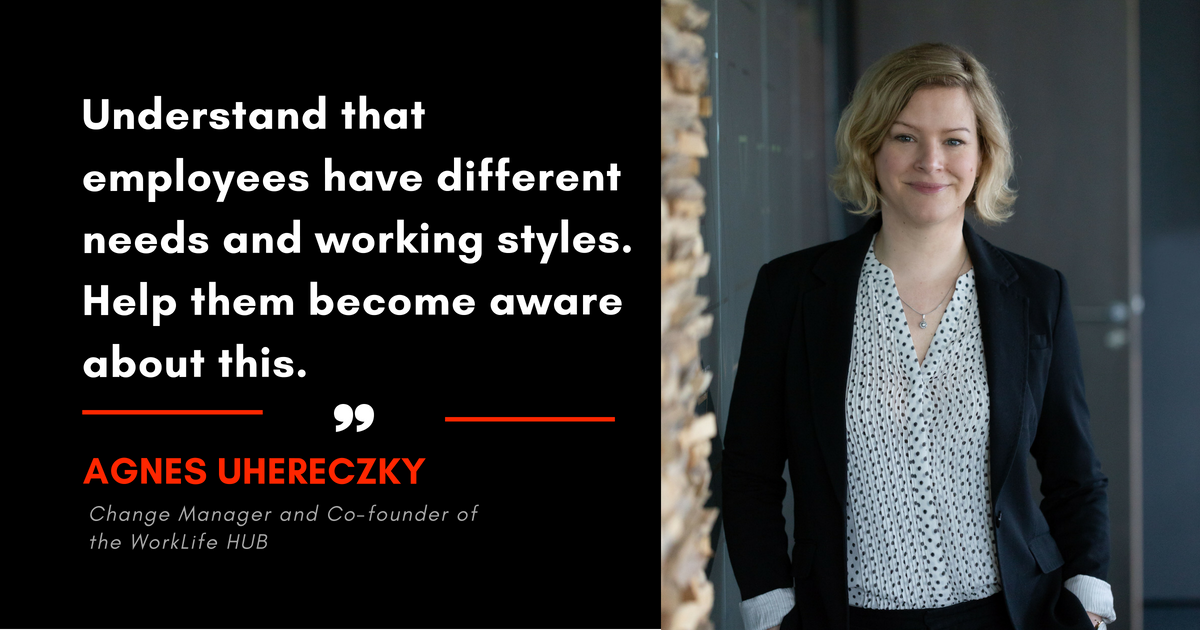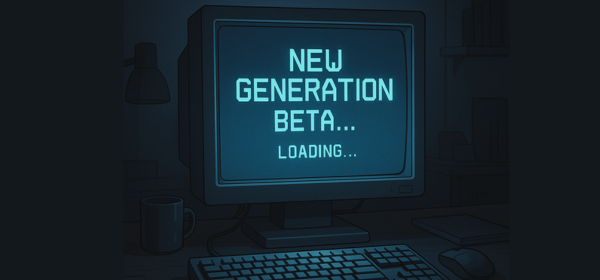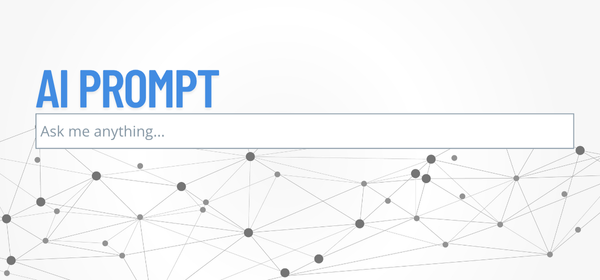How to find a sense of accomplishment when work never ends?
Article written by Agnes Uhereczky for the Octave webmagazine
The digitalisation of work is a blessing and a curse at the same time. Nobody can argue with the conveniences the internet, connectivity, platforms and smartphones have given us, from remote working to online shopping, managing travel and long-distance video conferencing. But there is a growing body of evidence that we as humans are not fully equipped to manage these tools preventing them from negatively impacting our mental health and social lives.
Our ancestors, and even our forefathers had very well defined tasks, that had a beginning and a very well defined end. Bring in the harvest. Pick all the fruit. Assemble that radio, or type that letter. Even up to the 1990s, before the internet and digital technologies exploded into our work and private lives, employees and workers put down their pens and wrenches at the end of the work-day and went home, putting work aside until the next morning.
In the past 25 years however, the digital creep has intensified. Most of us own triple A devices, which enable Anything Anytime Anywhere for work and pleasure. Research hasn’t yet given us a global picture about the effect of the use of these tools on our health, but one thing is already clear, despite these networked devices our productivity hasn’t gone up, and despite technological advances aimed at giving a life of leisure, we work more and not less.
On average the knowledge worker spends an additional 2 hours per day involved with work due to digital technologies and the internet. Reading emails during the commute, continuing work at home in the evening stretch out our workdays to 8 or even ten hours. And it’s a good thing if this is what you chose and are enjoying it, but more and more people report overwork, and a strain on balancing work with their private, social and family life. Especially working parents also juggle family and work, many splitting their shifts, and continuing to work in the evening after the children are in bed.
The challenge is, how to contain our work in manageable hours, so that on the one hand we have a sense of accomplishment at the end of the work-day or week, and that we are able to switch off during dinner with friends and family, weekends and holidays – without interruptions. Just as we need longer, uninterrupted time at work to concentrate and give our best quality performance, we also only recharge our own batteries, when we have longer, uninterrupted time off from work.
Managers, particularly team-leaders are confronted with a few challenges around this issue. On the one hand, they are faced with a hyper-diverse workforce. Let me bust some myths here around work preferences. It’s not always the older generations at work, that desire a clear separation between the boundaries between work and private lives, but also some Millenials prefer to divide these two spheres, to fully disconnect during the weekend and evenings. And there are just as many young as more senior people in any work-force that enjoy blending the two, seamlessly mixing work and non-work activities throughout the day, by slotting in perhaps a gym session, or a pop to the shops, with catching up on work-related tasks in the evenings or weekends.
How can you spot a divider? Have a look around at the desks of your colleagues. Where you see children’s drawings, family photos, plants and mementos – those employees are integrators, and those with very clean desks without personalised items are clearly dividers.
Here is what team-leaders need to keep in mind:
- Understand that employees have different needs and working styles. Help them become aware about this, and create an agile work-environment, which employees can use and regularly adapt to the needs of the work at hand: quiet spaces for deep work, collaborative areas for team tasks. This way, employees can get also their solitary tasks done at work without interruptions, not having to take it home with them.
- Make sure that there is an open communication channel about the manageability of tasks. When we work with organisations, we often hear employees tell us, that supervisors don’t know how long a certain task takes. Setting realistic deadlines and allowing enough time for manageable chunks of work is a bit like magic, but very important to reduce stress and overwhelm in employees.
- Don’t be afraid to openly address e-mail and digital habits. Is it acceptable to send e-mails after 8pm, or during weekends? Employees may very well feel, that if their supervisory e-mails them during the weekend or early mornings or late at night – that they have the obligation to reply immediately. Switching the server off seems a bit radical, but clear rules can help tremendously, as well as agreeing on what happens to e-mails received during time-off.
 Agnes Uhereczky is a change manager and the co-founder of the WorkLife HUB, a research and consultancy company tackling the new world of work. She helps employers improve engagement and wellbeing for their employees. Agnes is also the host of the weekly WorkLife HUB podcast. For more information, visit worklifehub.com.
Agnes Uhereczky is a change manager and the co-founder of the WorkLife HUB, a research and consultancy company tackling the new world of work. She helps employers improve engagement and wellbeing for their employees. Agnes is also the host of the weekly WorkLife HUB podcast. For more information, visit worklifehub.com.
Share this Post








